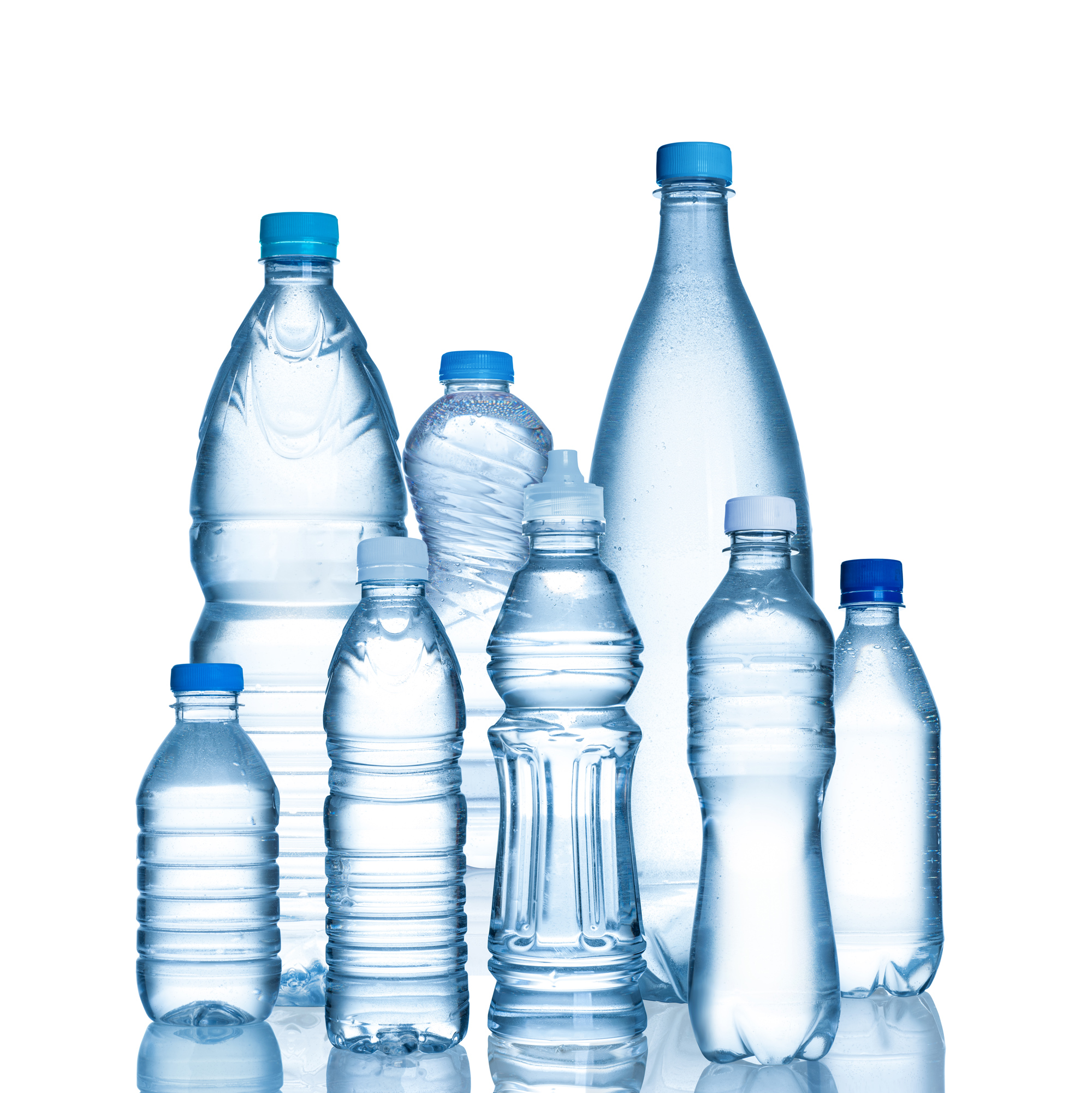We all know that drinking water is healthy! But drinking water from plastic bottles can actually undermine our health down the road.
When we throw plastic bottles in the trash, they sit in a landfill. As plastic sits with other trash, rainwater flows through the waste and absorbs the water-soluble compounds it contains. Some of those are highly toxic. They create a harmful stew called “leachate,” which can move into groundwater, soil, and streams. Here, it will poison eco-systems and harming wildlife. It takes about 1,000 years for plastic to degrade.
If the bottle doesn’t make it to the trash, it might join one of the five enormous trash piles in the ocean called “gyres.” Here, the pollutants will turn the water into a cloudy, plastic soup that disrupts the lives of sea animals, and eventually makes its way up the food chain to our own meals.
Unfortunately, the market for plastic recycling has taken a sudden downturn. With dirty waste continuing to appear in imported recyclables, the rising cost of labor, and an abundance of the country’s own potentially recyclable waste, there is no longer same financial and environmental incentives to recycle the world’s waste. Last March, China banned 24 types of scrap and implemented much stricter and more rigorous contamination standards which have been described as “impossible to reach.” As a result, local governments and the recycling industry are now facing an unprecedented recycling crisis, especially in plastics.
So let’s stop using plastic water bottles altogether! The Leonia school system has been installing stations where students and faculty can refill their reusable water bottles instead of drinking from single-use bottles. These refilling station keep track of how many bottles of water we avoid using, and it’s great to see those numbers on the rise.
Let’s join our kids and neighbors who are trying to cut down on the plastic bottles that make their way into the landfill and the oceans by drinking from reusable bottles instead of plastic!
Watch this wonderful Ted-Ed animation to learn more about the life cycle of plastic bottles.
